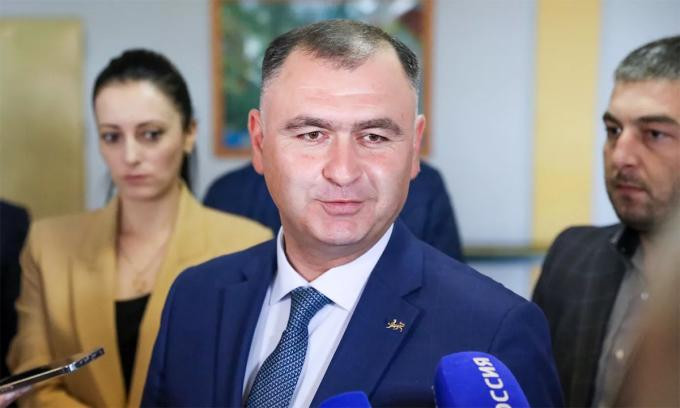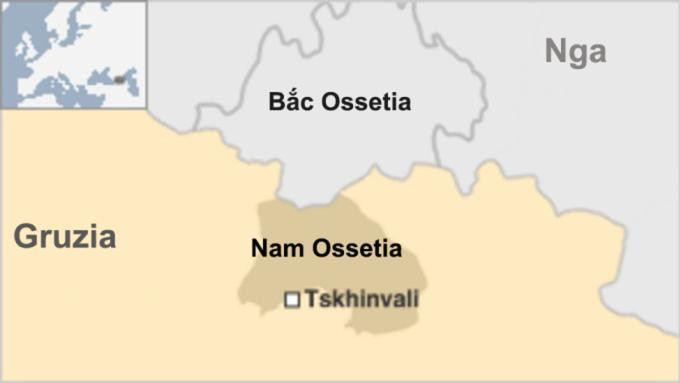Georgian breakaway region cancels referendum on joining Russia
The leader of Georgia's breakaway region of South Ossetia has cancelled plans by his predecessor to hold a referendum on joining Russia.
In a decree issued on May 30, South Ossetia leader Alan Gagloev said there was "uncertainty about the legal consequences of the issue being put to a referendum" and canceled plans to hold the event, which was scheduled to take place on July 17.
The decree also stressed the "unacceptability of unilateral plans for referendums on issues affecting the rights and legitimate interests" of Russia.
Mr. Gagloev also asked to "quickly hold consultations with the Russian side on the entire range of issues related to further integration of Ossetia and the Russian Federation."
 |
| Mr. Alan Gagloev at the polling station in Tskhinval, South Ossetia-Georgia on May 8. Photo:RIA Novosti. |
Russia and Georgia have not commented on this information.
Previously, Mr. Gagloev's predecessor, Anatoly Bibilov, announced on May 13 that a referendum would be held to join Russia, calling it the "historic wish" of the South Ossetian people.
"We are going home. It is time to unite once and for all. South Ossetia and Russia will be together. This is the beginning of a big new story," Mr. Bibilov said at the time.
The Caucasus region of Ossetia became part of the Russian Empire in 1774. In 1922, the region was divided into two parts, with North Ossetia belonging to Russia and South Ossetia belonging to Georgia. South Ossetia has been a separatist since the early 1990s, with several conflicts between Georgia and South Ossetia over the past three decades.
Georgia is a former Soviet republic in the Caucasus region, bordering Russia to the north. Russia-Georgia relations have been tense since a military conflict broke out in August 2008, when Georgia attacked the breakaway regions of Abkhazia and South Ossetia.
 |
Location of South Ossetia. Graphics:BBC. |
Russia launched a military intervention in Georgia on August 8, 2008, which ended after five days of fighting. Georgia suffered heavy losses in troops and defense infrastructure. Russia recognized the independence of Abkhazia and South Ossetia, but most of the international community did not consider it legitimate.
Russia maintains a military presence in Abkhazia and South Ossetia, claiming that this is in line with the wishes of the local people. However, the Georgian and Western governments objected, saying that this was an "illegal invasion". Russia and Georgia have severed diplomatic relations.
